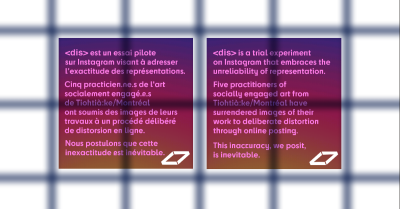2: Decentering the margins: Routes for liberation
- February 8, 2024 at the Concordia 4th Space
- 12pm-3pm, Leena Abdelrahim & Marlihan Lopez
“Decentering the Margins: Routes for Liberation" proposes a methodological and ideological shift. Instead of maintaining a central, mainstream perspective, the focus is on acknowledging and amplifying the voices and experiences of those on the margins, critically reflecting on the movement from the margin to the center which can potentially reproduce elements of power, i.e. new centers and matrices of power. The goal is to identify and implement effective and sustainable routes or strategies that lead to the liberation of marginalized groups from systemic oppression, fostering a more inclusive and equitable society. This approach encourages a broader understanding of diverse experiences and challenges the status quo by actively working towards social justice and equality.
Speakers:
Leena Abdelrahim is completing her PhD in Philosophy at the University of Toronto. Her research focuses on the difference that social location makes to knowledge, particularly, exploring the questions of the knowledge that arises in contexts of marginalization, and why it is that this knowledge resists being shared across social contexts. Leena also has experience researching diversity in the labour market, having written guides on inclusive hiring practices, and published reports on the status of DEI in the US tech workforce, as part of her previous role as Content Manager, at the US-based startup Divercity.
Marlihan Lopez is a Black feminist community organizer tackling issues surrounding anti-blackness, gender-based violence and its intersections. She coordinated the EDI (equity, diversity, inclusion) division for the Quebec Coalition of Rape Crisis Centres, where she did advocacy work and raises awareness on how gender, race, class and ability intersect in the context of sexual violence. She has also organized with movements such as Black Lives Matter around issues such as racial profiling and police brutality. She was co-Vice-President for la Fédération des femmes du Québec from 2017-2022 and is currently Community Engagement and Outreach Coordinator at the Simone de Beauvoir Institute. She is also a cofounding member of the Coalition to defund the SPVM and cofounder of Harambec-Reviving the Black Feminist Collective.
Moderator/facilitator:
Dalia Elsayed is a PhD candidate in Education and a Concordia University Public Scholar. Her research focuses on race, critical theory, Black feminist theory, and feminist epistemology. Her scholarship seeks to understand blackness in a global perspective focusing particularly on the experiences of the Black African in the diaspora. In doing so, Dalia is interested in understanding the different narratives and frameworks that contribute to the formation and the articulation of Black identity/identities globally. Currently, Dalia is an Evaluation Specialist at the Centre for the Study of Learning and Performance (CSLP) at Concordia.



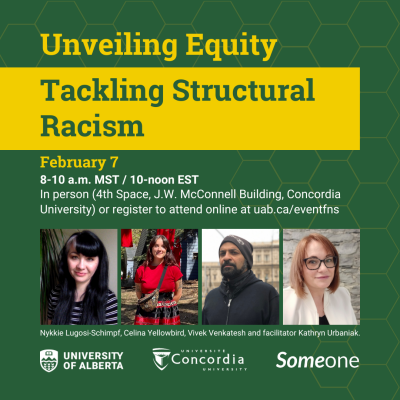
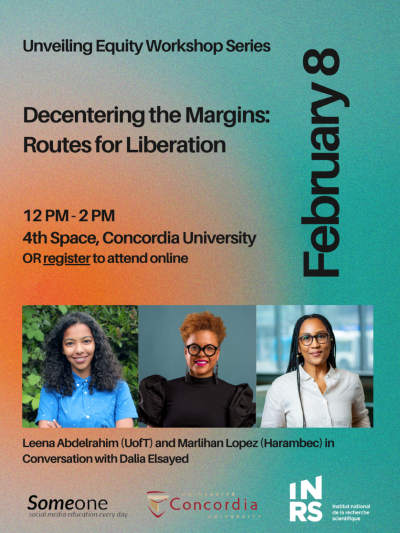
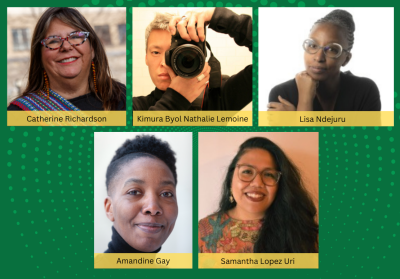
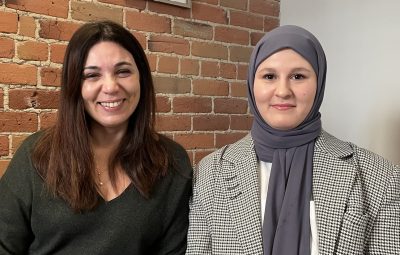 Zeina Ismail-Allouche & Safia Boufalaas
Zeina Ismail-Allouche & Safia Boufalaas
